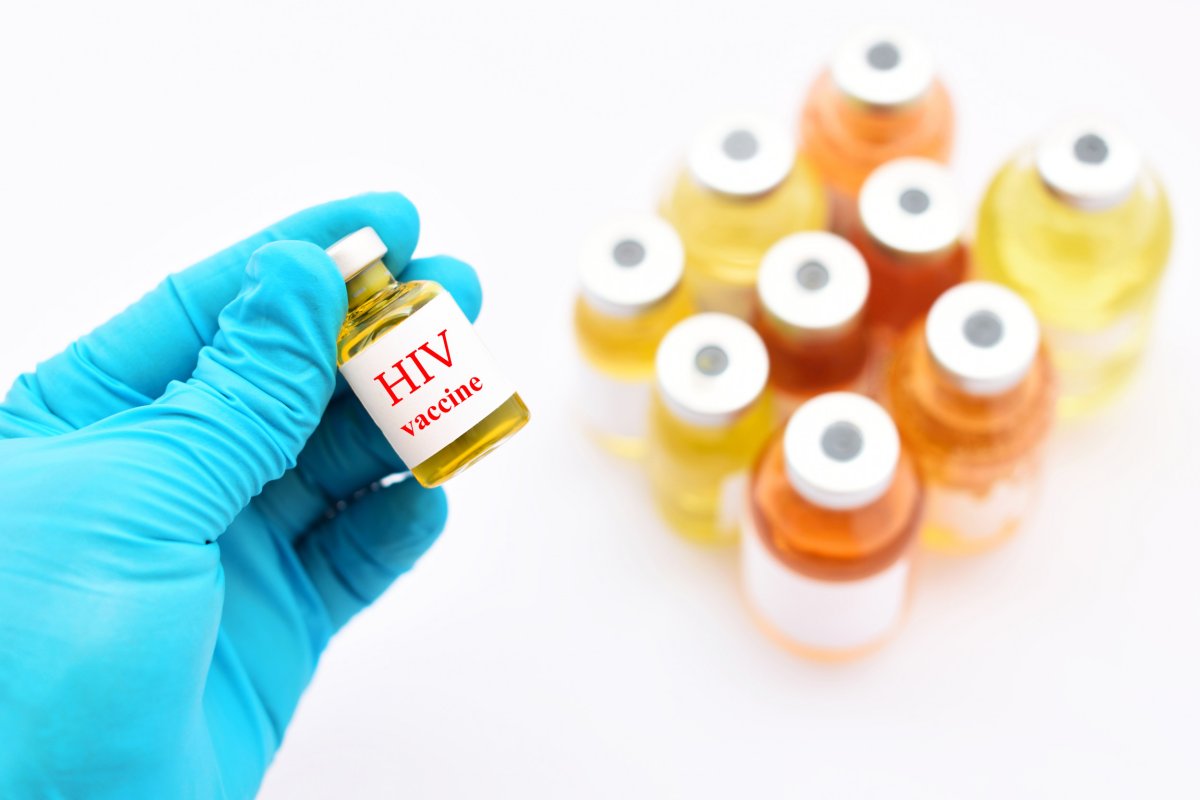Researchers have announced what could be an important milestone in the elusive search to find an effective vaccine for HIV.
In a study published November 19 in the journal Immunity, scientists from Scripps Research and the nonprofit International AIDS Vaccine Initiative (IAVI) claim the AIDS vaccine they developed has been effective in initial tests conducted on rabbits. The vaccine targets multiple "sites" on the virus, which scientists believe is a critical element in developing a useful HIV vaccine.
"It's an initial proof of principle but an important one, and we're now working to optimize this vaccine design," said the study's senior author Richard Wyatt, a Scripps Research microbiology and immunology professor.
The vaccine Wyatt's team are developing is designed to work by prompting the body's immune system to produce "broadly neutralizing antibodies," or bnAbs, which are capable of crippling the mechanism HIV uses to infect cells. The antibodies are produced naturally in the bodies of some HIV patients, but not in great enough numbers or early enough in the disease process to significantly alter the course of the virus.

Developing an effective vaccine for HIV has proven notoriously difficult, partly due to rapid mutations of the virus. The bnAbs are capable of neutralizing multiple strains because they bind to HIV sites that remain the same despite mutation. This approach means the vaccine could work against multiple strains, effectively removing a long-standing roadblock to a useful HIV vaccine.
The experimental vaccine works by mimicking an HIV protein known as "Env." The actual Env protein binds to cells that are needed for the body's immune system to properly function, called CD4 or "T-cells." The protein helps the virus penetrate and later destroy the CD4 cells, a process that eventually results in people living with HIV developing AIDS.
Real HIV particles are imitated by using a spherical molecule of synthetic fat known as a "liposome." When the vaccine is effective, it stimulates the immune system into producing bnAbs, which then have the potential to effectively neutralize the virus.
The vaccine is given in multiple stages, including an initial stage followed by boosters over four years. The study was conducted on 12 rabbits, and five of the animals developed antibodies that could neutralize multiple HIV isolates. The research is preliminary, but the results could represent an important incremental step in the development of a fully effective vaccine.
Further refinements to the vaccine are likely to be tested on small groups of animals, before eventually being tested on monkeys and potentially humans. An estimated 38 million people are believed to be infected with HIV worldwide.
Uncommon Knowledge
Newsweek is committed to challenging conventional wisdom and finding connections in the search for common ground.
Newsweek is committed to challenging conventional wisdom and finding connections in the search for common ground.
About the writer
Aila Slisco is a Newsweek night reporter based in New York. Her focus is on reporting national politics, where she ... Read more
To read how Newsweek uses AI as a newsroom tool, Click here.








